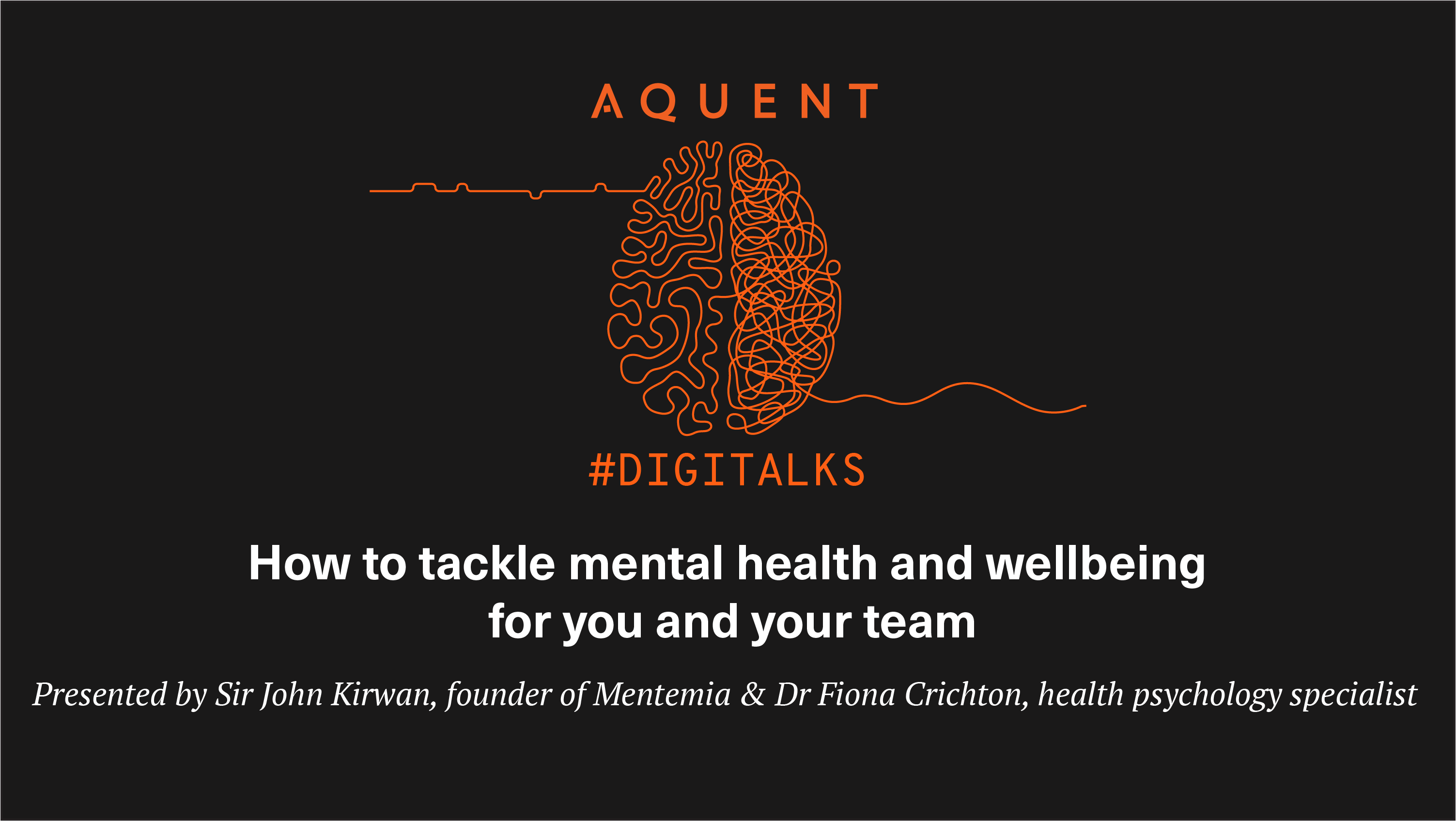Burnout can affect anyone. In a challenging economy with fewer jobs available on the market, we’ve seen incredibly skilled candidates unable to gain traction amongst an over-saturated abundance of job applications. Whilst, on the other hand, if you’ve been lucky enough to not have been impacted by a redundancy, perhaps after surviving a restructuring you are now finding your role has increased in terms of what you need to deliver with fewer resources.
I feel I’m somewhat qualified to write about this, as something I spent a long time hiding from the corporate world is that I’m a single mother working full time, and without going into all the details, that’s my MBA qualification in a nutshell.
“Everyone's situation is unique and so vastly different depending on the cards you've been dealt and the stripes you've learnt and earned.”
So in other words, I acknowledge that it’s been an incredibly tough year for everyone.
In response, I’d like to highlight some tools and ideas to prevent burnout, spark joy, and bring back your balance.
Preventing burnout: Strategies for a balanced life
In our fast-paced, always-connected world, burnout has become a common concern. It’s not just about being tired; it’s a state of physical, emotional, and mental exhaustion caused by prolonged stress.
If you're feeling overwhelmed, know that you're not alone—and there are effective strategies to prevent burnout before it takes hold.
1. Set soft boundaries and workplace well-being
One of the first steps in preventing burnout is establishing clear boundaries between your work and personal life. I like to rename boundaries as soft boundaries because it gives you the ability to be flexible, however, there is something defined to go back to.
For example, eliminating non-essential notifications during your workday has been a game-changer. It helps prevent distractions and allows for focused work, reduces personal life stress during work hours, and empowers me to show up 100% at work.
The Right to Disconnect:
As of 26 August 2024, Fair Work implemented a new legislation that gives most employees a ‘Right to Disconnect’ from work. This law allows employees to disconnect from work outside of their regular hours without the expectation of responding to emails, calls, or messages. Its purpose is to promote work-life balance and mental well-being, ensuring that time spent away from work is respected and valued.
More information can be found on Fair Work’s website: https://www.fwc.gov.au/issues-we-help/right-disconnect-disputes/what-right-disconnect
It’s important to note that this new workplace legislation does not apply to employees of small businesses i.e. those with fewer than 15 employees, until August 2025.
2. Prioritise self-care
Self-care is not just a buzzword; it’s essential for maintaining your mental health. Consider incorporating these practices into your routine:
- Regular exercise: Physical activity can significantly reduce stress and improve mood. Aim for at least 30 minutes of movement most days. Find an exercise that brings you joy, whether that be a run, a walk, strength training, yoga, pilates, or sport—seek what lights you up.
- Mindfulness and meditation: Practices like mindfulness meditation can help you stay present and reduce anxiety. A few minutes a day can make a world of difference.
- Healthy eating: Nutrition plays a vital role in how we feel. Aim for a balanced diet rich in whole foods, and stay hydrated.
3. Prevent burnout and take breaks
Regular breaks are essential for maintaining productivity and mental well-being. Here are some ways to incorporate breaks into your day:
- Pomodoro technique: Work in focused bursts (typically 25 minutes), followed by a 5-minute break. After four cycles, take a longer break (15-30 minutes).
- Nature walks: Spend time outdoors. Nature has a calming effect and can refresh your mind.
- Digital detox: Set aside time away from screens to reduce mental clutter, I've recently implemented a 7.30 pm switch off three nights a week and the following 2 hours have so much length and laughter to them.
- My coworker, Rose McAlister, shared some tips on ways to take a break, destress and re-energise on this LinkedIn post.
There’s no reinventing the wheel here—nothing groundbreaking to note. This is an overview and a reminder resource that will hopefully encourage you to check in with yourself and create a plan of action unique to you. If you could do with the nudge—this is your nudge!
Preventing burnout and sparking joy will flow over to heightened achievements across both work and personal aspects of your life.
Latest.

AI adoption failing isn’t the tech, it’s the people. How smart businesses overcome this.
Technology, Thought Leadership, Industry Trends

Temp-to-perm is the best way to hire today.
Hiring Insights

How to keep top talent: Strategies for successful onboarding
Hiring Insights, Ask Aquent, Training Resources







